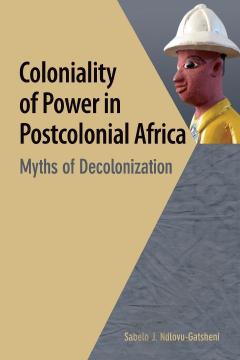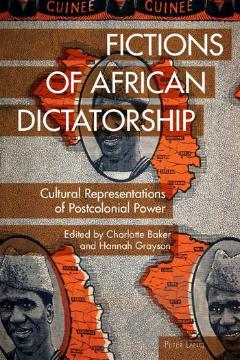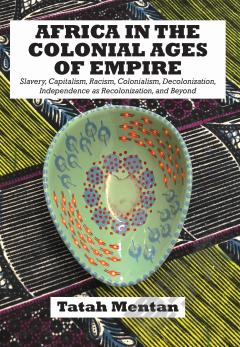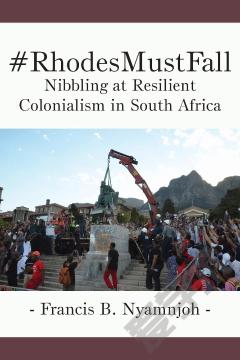Coloniality of Power in Postcolonial Africa. Myths of Decolonization
This book has been written at a crucial time in global history in general and African history in particular. On the one hand, the history is dominated by a climate of interventionist global neoliberal imperialism which increasingly manifests its violent character through the military invasion of Iraq, bombardment of Libya, imposition of sanctions on Zimbabwe and military invasion of Afghanistan. Violent invasions of weaker countries by the United States of America (USA) and its North Atlantic Treaty Organization (NATO) partners, are often justified as humanitarian interventions to introduce democracy and human rights, dethrone dictators, eradicate terrorism and restore order within those states characterized by United States as outposts of tyranny and part of âthe axis of evilâ. But the military interventions, rhetorically premised on the noble âright to protectâ, seem to be selective and guided by the Westâs permanent strategic interests rather than genuine global humanitarian concerns. On the other hand, there was the unexpected outbreak of popular uprisings in North Africa that have resulted in the collapse of dictatorial regimes in Tunisia and Egypt, and the aerial bombardment of Libya by NATO-led forces in support of an onslaught by disparate opposition groups that culminated in the overthrow of Colonel Muammar Gaddafiâs 42-year iron rule and his death. These new developments in global history have provoked animated debates with some scholars like David Harvey (2003, 2007) and Ellen Meiksin Wood (2003) raising issues of the spectre of ânew imperialismâ that is involving new players from East and South-East Asia. Some left-leaning scholars have concluded that we are living in a new world of âuniversal capitalism in which capitalist imperatives are universal instruments of capitalist dominationâ. They see this development as a very recent phenomenon (Wood 2003: 127).
{{comment.content}}








 京公网安备 11010802027623号
京公网安备 11010802027623号